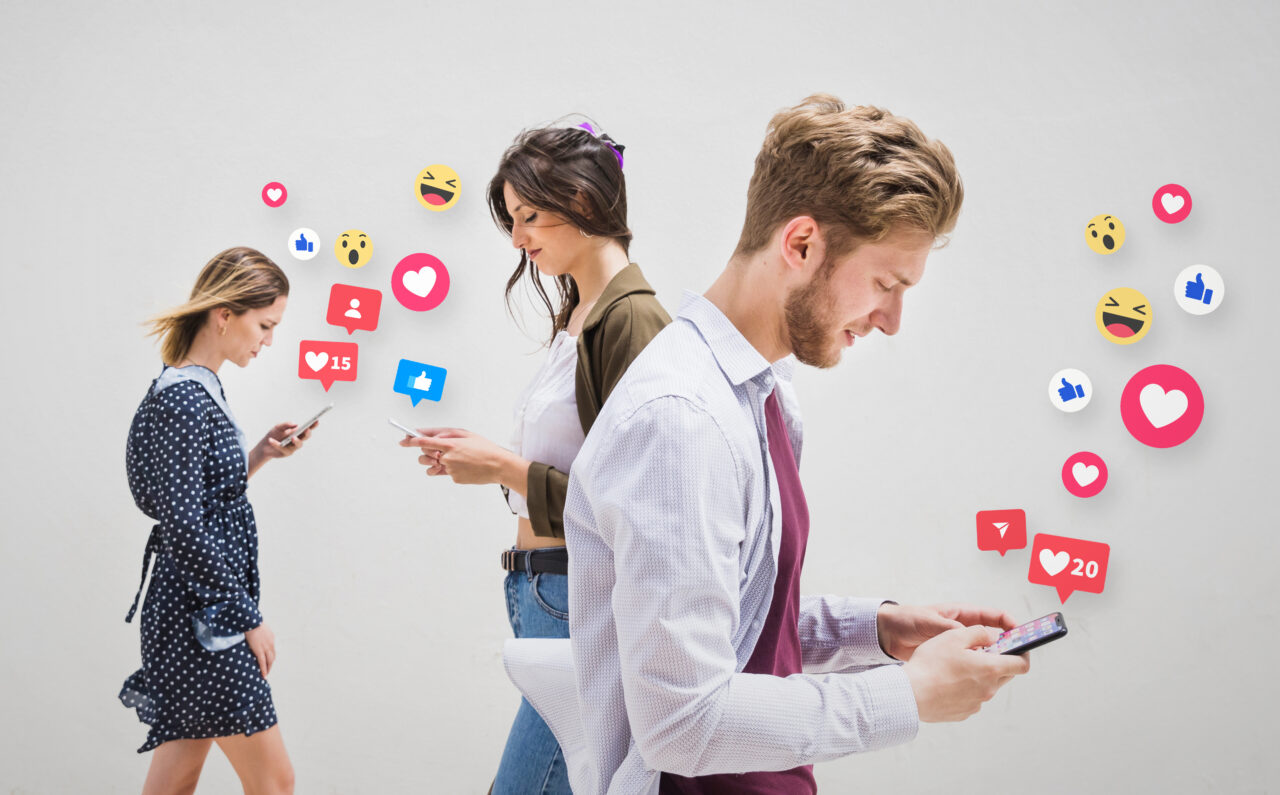
Aristotle said that the human being is a 'rational animal'. And throughout history, many philosophers have shared this optimistic view, although some have pointed out weaknesses and blind alleys in human thinking. Only in the last fifty years, however, have cognitive sciences begun to study human rationality and irrationality experimentally. Psychologists, economists and neuroscientists have collected data on how we actually reason and make decisions, both at work and in everyday life. And these studies show us that we are often not rational at all, but victims of cognitive distortions (so-called biases) that lead us to make incorrect or inefficient choices and reasoning. These mental traps affect not only laymen but also experts (scientists, doctors, judges, politicians, consultants, etc.) and cast a shadow of pessimism over the possibility of human beings improving themselves and the society in which they live by using their reason. On the other hand, the increasingly accurate knowledge we have of our mind and its spontaneous reasoning and decision-making strategies (so-called heuristics) allows us to use countermeasures and cognitive tools to avoid traps and improve our decisions. The MInD research group at Scuola IMT studies both the theory and practice of human reasoning in order to understand and improve our decisions and their impact on society. In the video "Pills of Rationality" we offer some food for thought.
Most of the social networks that we frequent give us a distorted and incomplete view of what goes on within them: we do not know how the algorithms that make us see one post instead of another work, what helps a piece of content to go viral or, vice versa, almost unknown. Often, the time spent on social networks ends up becoming a source of frustration instead of enriching relationships due to constant arguments, confrontations, attacks... This also depends on how the platforms are constructed and regulated: to encourage constant participation, social networks such as Instagram and TikTok organise and moderate the viewing of content in a very calculated, automated and above all non-transparent manner. With a few exceptions, it is not possible to have access to data on the functioning of the platforms.
Today, however, some tips for living a more serene social life come to us from research conducted by psychologists, sociologists, economists and computer scientists. Read more in the video about some tips on how to be 'better' on social networks.